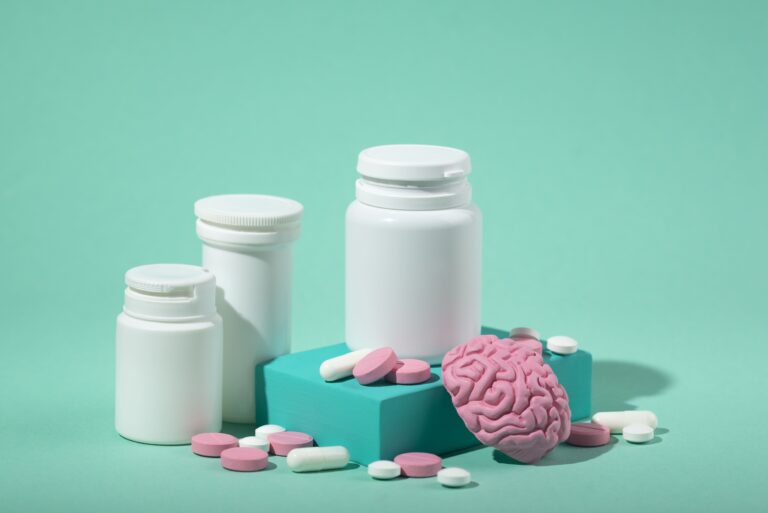Understanding Dopamine: A Neurotransmitter Overview
Psychoactive substances wield varied effects on brain function, and one notable impact is the heightened release of dopamine. To comprehend this phenomenon, it’s essential to delve into what dopamine represents in the central nervous system.
Dopamine’s Crucial Role in Brain Function
Dopamine, a pivotal neurotransmitter, facilitates signal transmission between nerve cells in the brain. Its involvement spans the regulation of motor behavior, cognition, motivation, sleep, attention, and mood. Any imbalance in dopamine levels can lead to disruptions in brain function.
Dopamine’s Connection to Addiction
The intriguing facet of addiction lies in dopamine’s role. Repeated dopamine release fosters the entrenchment of behaviors with enduring consequences, forming the basis for identifying addiction. Compulsive behaviors, driven by dopamine release, intertwine with stimuli associated with drug use, influencing emotions and subsequent behaviors.
Stimulus-Driven Compulsions in Addiction
Associating stimuli with drug use becomes a predictor of compulsive behavior. Emotions triggered by external factors, such as familial disputes, can instigate drug cravings. Over time, these stimuli gain control over the addicted individual’s behavior, affecting learning and memory processes.
Similarities Between Drug and Natural Reinforcers
Drugs, acting as powerful reinforcers, induce pleasure and trigger a desire for continued consumption. Notably, the brain’s response to drug-induced dopamine release mirrors natural reinforcers. This similarity can lead to a prioritization of drug-related stimuli over everyday activities, resulting in a diminished interest in normal life experiences.
Pathological Learning and Behavioral Shifts in Addiction
The pathological journey into addiction begins as individuals associate drug use with pleasurable experiences linked to dopamine release. Over time, learning mechanisms adapt, reinforcing inappropriate behaviors solely for dopamine gratification. This shift ultimately leads to loss of control over drug use, persisting despite adverse consequences.
Seeking Help for Addiction: A Holistic Approach
Once addiction takes hold, seeking help becomes imperative. Comprehensive treatment, incorporating psychiatric, medical, and psychological components, addresses the multifaceted aspects of addiction. Psychological support aids in cognitive reconstruction, unraveling entrenched negative thought patterns and paving the way for the redirection towards healthier mental frameworks.
You may also be interested in: Fentanyl The truth behind the ‘zombie drug’ wreaking irreversible havoc












